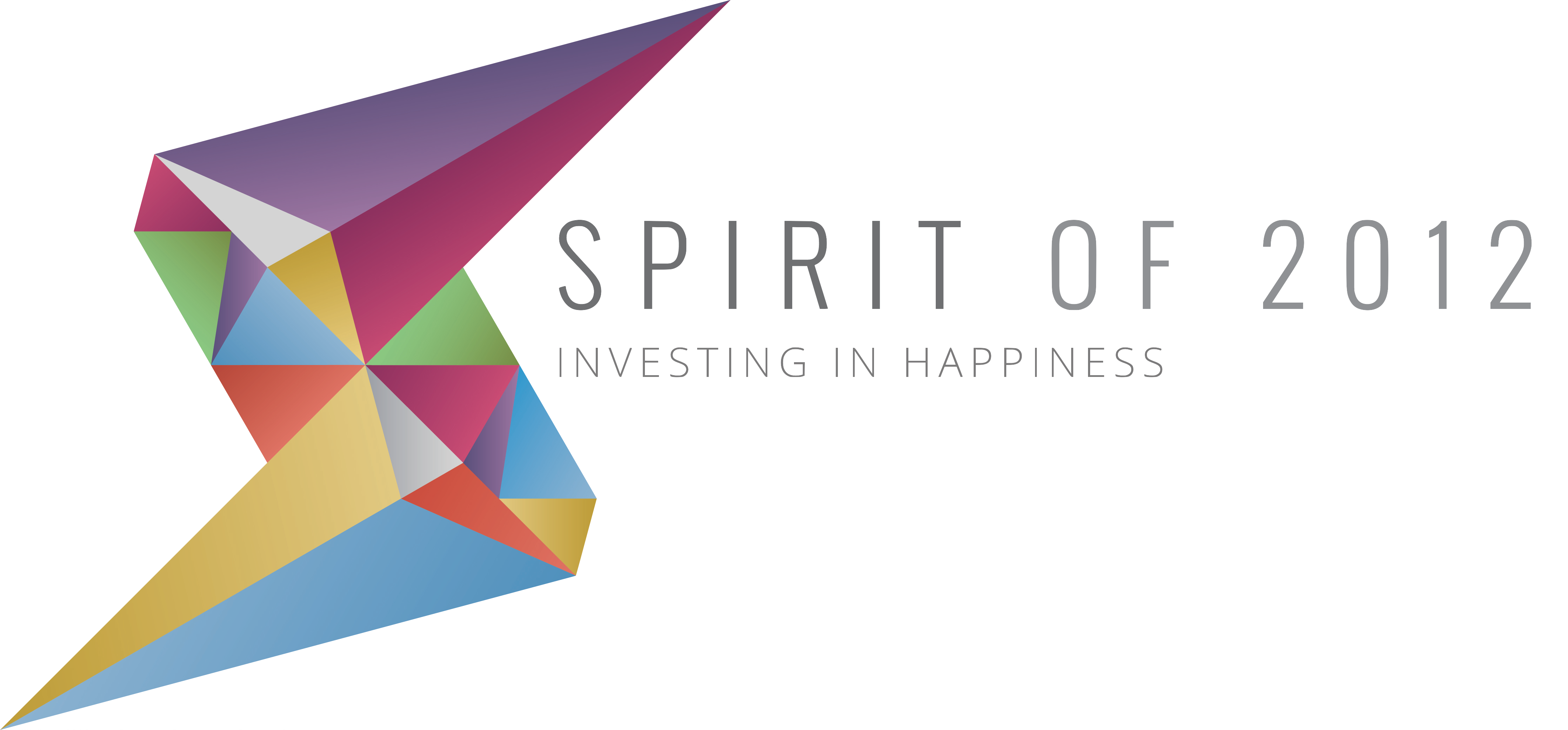What difference do we want to make?
Thinking about what difference you want to make will help you set outcomes for your project.
What difference do we want to make?
Thinking about what difference you want to make will help you set outcomes for your project.
This question is important because:
There are many reasons you will need to be in touch with the people you want to work with as well as other local organisations. These may include: finding out what people need and how best to meet those needs, recruiting volunteers, making sure you aren’t duplicating what’s already available, liaising with other services which work with the same people, and getting referrers on board – as well as advertising your service to potential participants.
Research
The University of Strathclyde report suggests people are as much motivated by fun and meeting other people as by becoming active. When advertising your services and activities, therefore, you should consider what motivates people to take part.
Quote
“I can feel very scared and that makes me reluctant to go out. I thought the Project might give me a reason to get out and meet people.”
Key messages:
- Work out what difference you hope to make (your project’s anticipated outcomes) as early as possible. Having clear outcomes will help you work out what information you need to gather and how to deliver your activities. Ask the people you want to work with what difference they hope to see. Remember to consider the potential non-physical benefits too.
- Identify who you will need to tell about the difference your project has made to participants. Consider how and when this should be done.
- Gather some information from participants early on so you can compare it with any changes they report later. Without this baseline information it can be very difficult to know whether or not you have made a difference.
- Evaluation Support Scotland can help you evaluate your project. There are lots of free resources on their website: evaluationsupportscotland.org.uk.
Case Study
KA Leisure- Mind and Be Active
After a few weeks Debbie noticed that her confidence had improved, she was thinking much more clearly and was able to make decisions for herself. Her mood has lifted; she is feeling generally more positive about life, is less fatigued and has more energy. Debbie says:
“My confidence and self-esteem have improved and I feel able to go out more, meet up with friends and do more in everyday life. I felt very isolated before I joined the project. My closest friend has seen me at my lowest point and is amazed and extremely proud of the progress I have made”.
Link
ESS Support Guide: Setting Outcomes
This guide helps you work out what your outcomes are and how to write them. It clarifies the connection between what you do (your services and activities) and the impact you are trying to make (your outcomes). It introduces the Weaver’s Triangle (otherwise known as the CES Planning Triangle).
Download
Example of a completed Weaver’s Triangle
Page summary
What difference do we want to make? PDF





